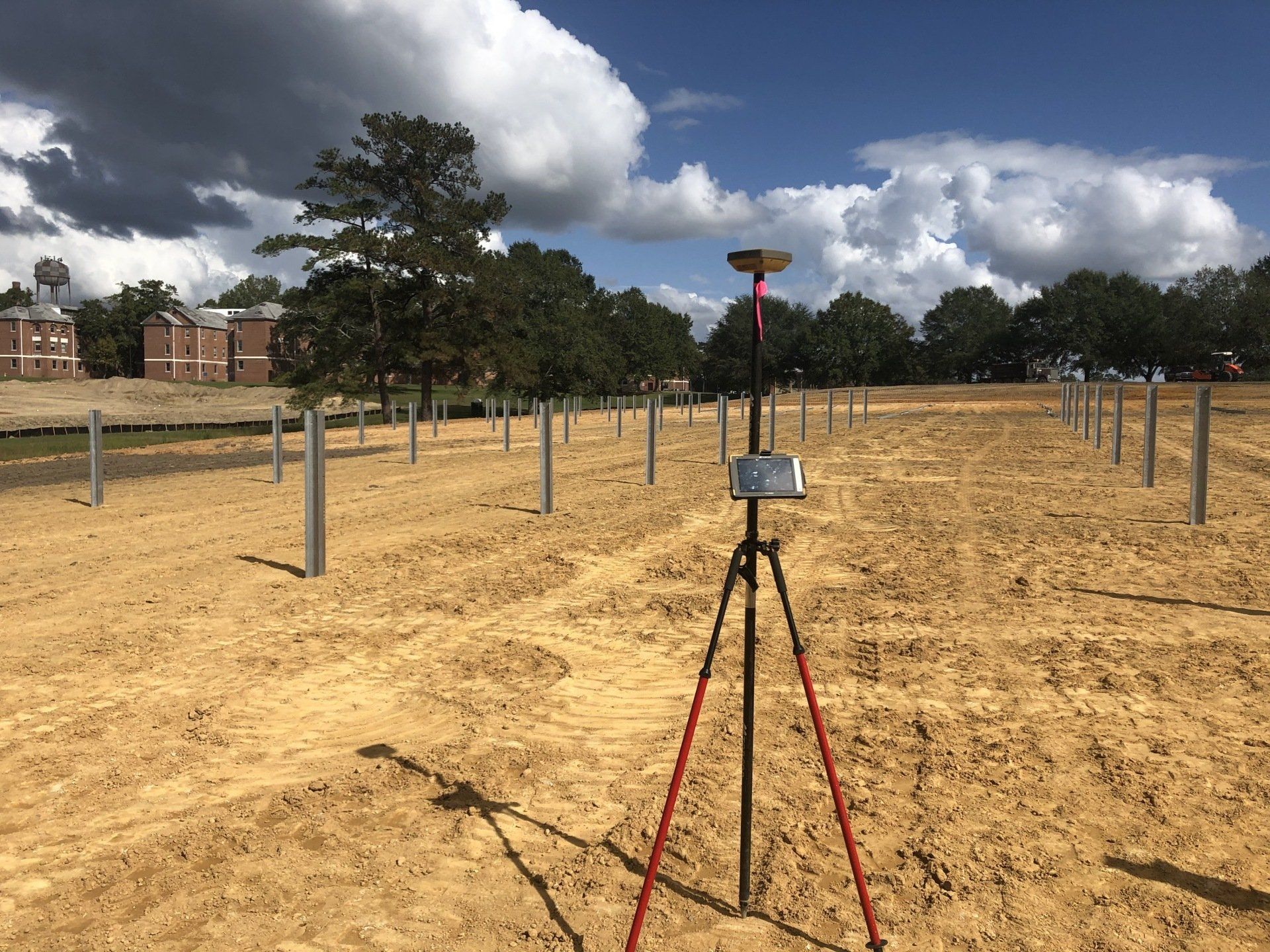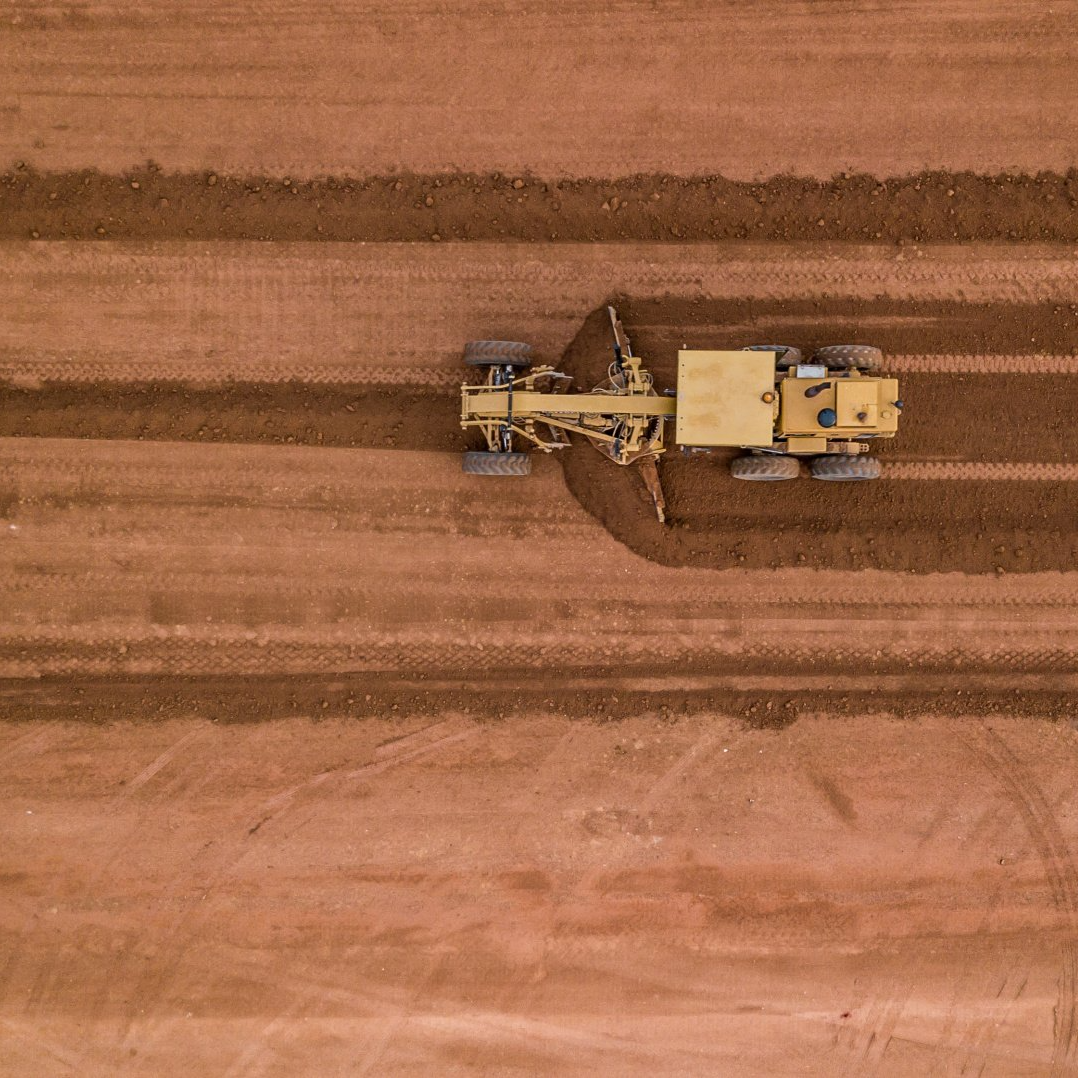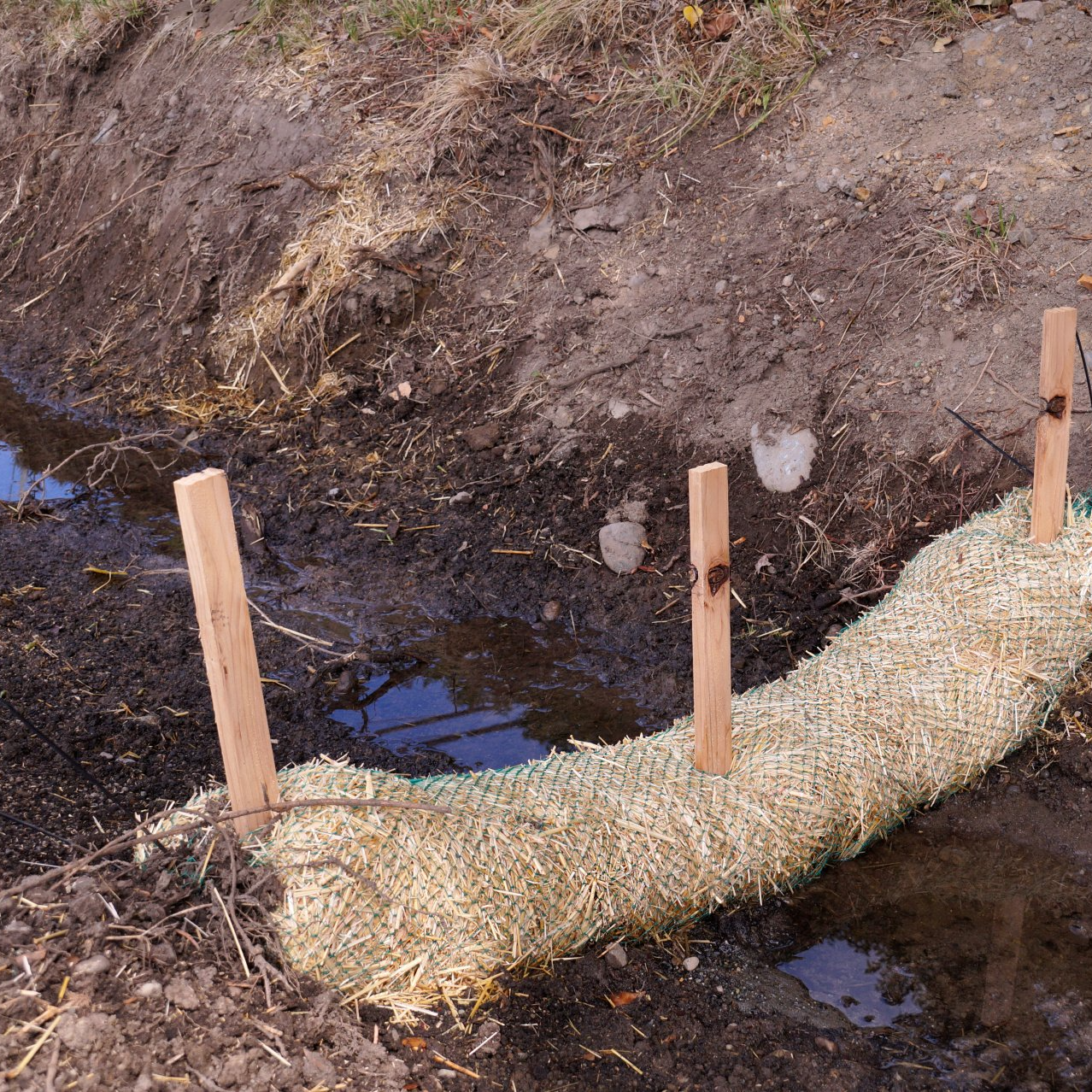A Checklist for Starting a Construction Project
Our mission is to provide every client in the Auburn area with high-quality civil engineering and construction services that reflect our professionalism, integrity, honesty and commitment to our work.
Creating a development from the ground up is a major project. It requires a lot of time, money, and knowledge. As the person financing the project, you want to be sure it stays within budget and is completed on time. The first step in a successful construction project is to hire a civil engineer. A civil engineer will bring an advanced level of knowledge and expertise that will help ensure that your project is completed to your expectations. A civil engineer is the person who will do the groundwork, literally and figuratively, for your project.
Why Hire a Civil Engineer When Starting a Construction Project Before Your Start?
There is a common denominator throughout the history of everything built on Earth: the civil engineer. Two of the biggest advancements in medical history are credited to the civil engineers of the Roman Empire. Those are the Roman aqueducts, which delivered fresh water, and the Roman sewage system, which removed human waste. Pick any man-made wonder of the world and know that a civil engineer was involved. More personally, the fact that there is water when you turn on your tap, electricity when you flip a switch, or there is a road on which to drive, is the result of work by civil engineers.
Your project might not be a multi-story skyscraper. More likely, it is some type of residential development or a single-story commercial building for your business.
Regardless of size, it is crucial that you hire a civil engineer to guide your project from inception to completion:
• Cost savings for your construction project: having a civil engineer involved from the start means you have someone who can see problems early in your construction process and eliminate costly mistakes. They can maximize value and minimize costs.
• Oversight: they can manage each phase of construction to ensure that your plans are carried out. Civil engineers specialize in monitoring operations and addressing problems as they come up.
• Compliance: knowledge of regulations and requirements provides constant oversight to ensure compliance with all governmental regulations.
• Assistance: civil engineers work with architects in your construction design and with your contractor to keep the project within local, state, and federal regulations.
Civil Engineering Design For Your Construction Project Will Help Any Construction Project Idea Become a Reality
In this phase, your engineer will provide a complete analysis and profile of your construction site. They can identify technical issues such as utility or environmental constraints, assess the infrastructure required to support your project, and determine the on-going amount of building maintenance required.
Civil engineers have specialized knowledge and experience that benefit planning on construction of a new or an improvement to an existing development. The civil engineer will work with your construction manager to bring your job to completion. Each has different jobs. The construction manager is a hands-on position managing the people and materials at the job site. The civil engineer has in-depth knowledge about the fundamentals of construction techniques, load-bearing structures, budgeting, and building codes. There are local, state, and federal agencies requiring detailed construction/building plans that can only be provided by a professional. The law in both the United States and Canada states "...only a licensed, professional engineer may prepare, sign, and seal, and submit engineering plans and drawings to a public authority for approval..."
What to do Before Construction.
Meet with your civil engineer and discuss your expectations for the project. You will want to provide the civil engineer with detailed information about what you want the project to look like when it is finished. Armed with these details, the civil engineer can then work with you to create a plan for the project.
Construction Project Budget Checks Before Your Start on Your Construction Project
Determine how much you want to spend on the project. That amount will include everything associated with the project, from the cost of the purchase of the property to the cost of the asphalt in the parking lot. You will want to build in contingency dollars because no project goes exactly to plan. It could be drainage or an increase in the cost of materials. Include contingency dollars.
Planning Commercial Building Projects
This type of structure has many of the same requirements as a residential project: budget, layout, and size. Your civil engineer will provide direction for road access and parking. Security is another aspect of commercial projects.
What Does a Civil Engineer Provide For Your Construction Job?
Civil engineers perform a range of functions to prepare your site for construction. Included are:
• overall site planning
• roadway and parking design
• stormwater drainage
• sanitary sewage drainage
• design of grading and drainage
• erosion and sediment control
• obtaining permits
Each of these functions should be completed before you place your job out for bids from contractors. These items and your architectural designs are vital in the bidding process. Here is a detailed explanation of each function.
Plan For Stormwater Drainage For Your Project
This is especially important in areas where flooding is a possibility. Your local government will want to know where the runoff from your property will go and that you are using erosion control. This will also detail any construction and/or landscaping elements that will be used, such as catch basins, storm sewerage, or diversion berms.
Construction Project Design of Grading and Drainage Before Beginning
This function meets two goals: stabilizing soil and efficient water diversion. Grading involves removing soil or adding soil, depending on what's needed in a specific area. A building being built with a basement will require more soil removal than one without. Removal, or excavation, is generally required on all sites because building foundations are generally placed several inches below undisturbed ground surface. The amount of storm water management required will depend upon your site's topography. Soil may be added to selected areas to create berms that will direct water flow. Conversely, soil may be removed to create swales to move water from your site.
Plan For Erosion Control Before Starting Constuction
Many areas of the United States require a plan for Erosion and Sediment Control. This is because construction loosens soil and makes it easier to move by storm water runoff. That soil can end up in streams and wetlands, resulting in damage to the ecosystem. A civil engineer can identify areas where storm water runoff is a problem and use measures to keep soil on your site. These measures include diversion of storm water into areas with vegetation or the use of silt fences.
Obtaining Permits Before Starting Your Construction Project
Civil Engineers can provide the plans required by local authorities in order to obtain all necessary building permits. They are familiar with local zoning laws and restrictions as well as local, county, state, and federal ordinances. This will help ensure that your project is compliant.
Another benefit to hiring a civil engineer is that they can assess property before you make the purchase. It is a good idea to have the history of the land researched, the property boundaries identified, the existing topography assessed, and areas of flood zones located. Soil type is also a very important consideration. Knowing the suitability of the onsite soil will give you an edge in preventing foundation cracks.








